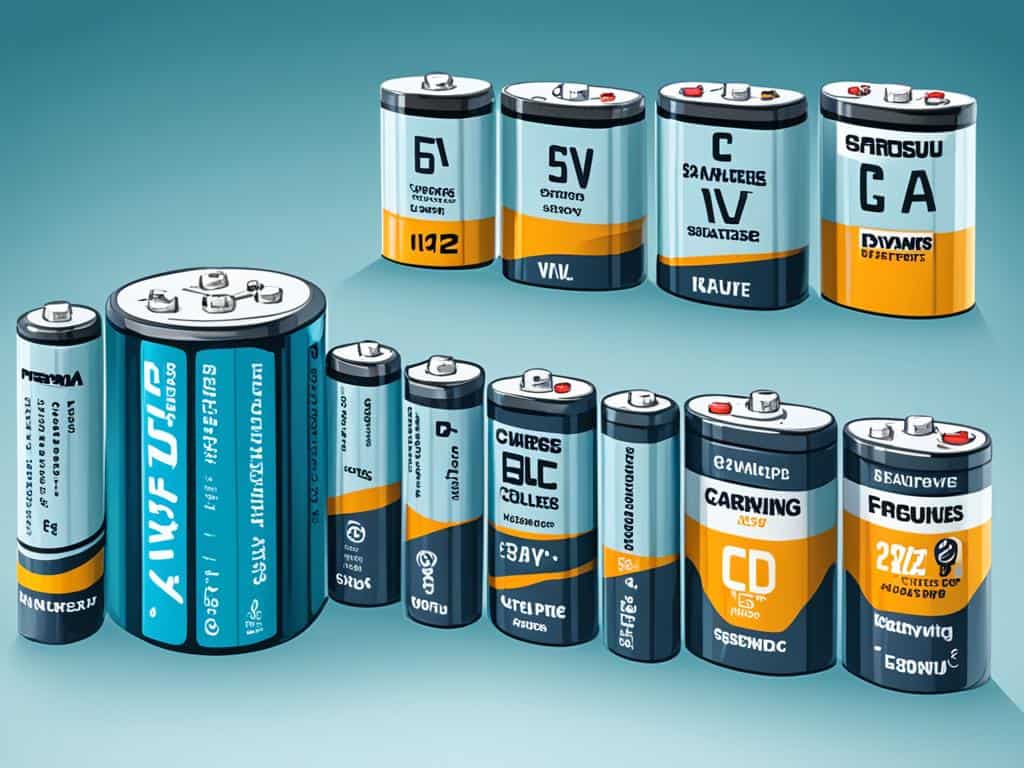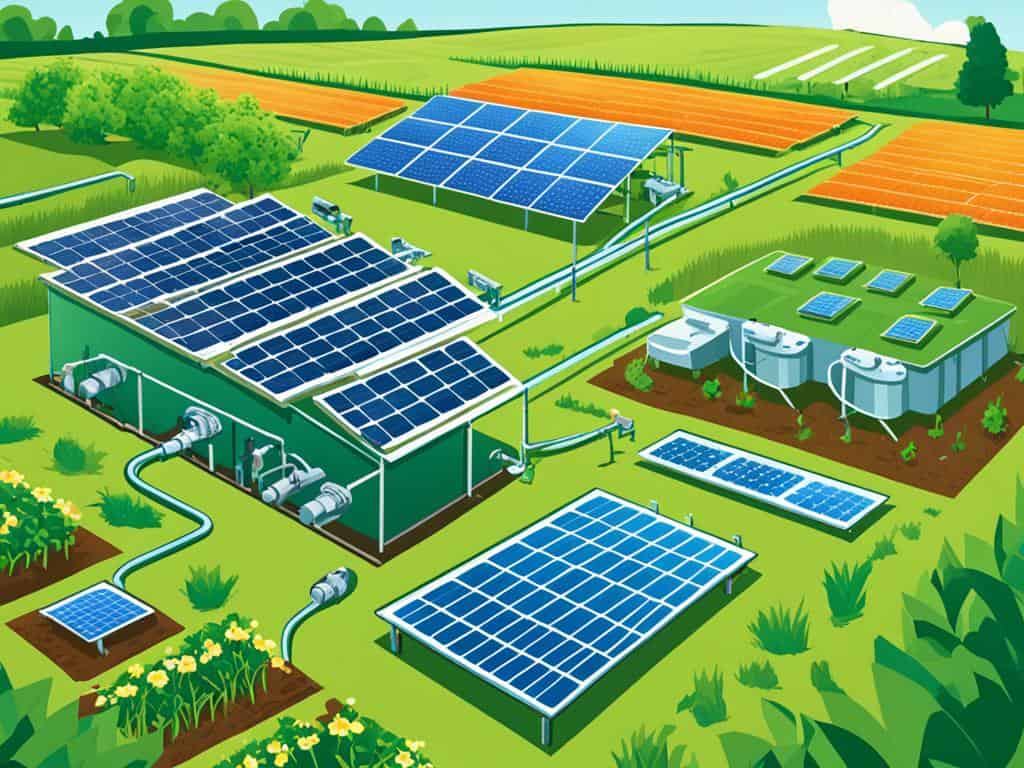Understanding 12V Battery Specifications
Explore the essentials of 12v battery specifications for top performance and reliability in your devices. Perfect for readers in India seeking quality insights.

As we move toward a future where clean energy is king, knowing about 12v battery specifications is key. It’s not just technical know-how—it opens the door to being energy independent. These batteries power homes through solar setups and keep vehicles running off the beaten path.
But what makes the best 12v battery specs right for you? Finding durable and sustainable performance details of 12v batteries is essential. They are crucial in our search for reliable energy solutions.
Exploring batteries reveals a balance between power and longevity that supports a more eco-friendly lifestyle. Fenice Energy, with its impressive 20 years in clean energy, offers 12V batteries that go beyond what’s needed for efficiency and sustainability. How do these batteries perform in real life? How do they ensure your home’s energy security? Let’s simplify the technical terms to see how they help us.
Key Takeaways
- Grasp the core 12v battery specifications critical for home energy solutions and eMobility.
- Discover how Fenice Energy’s tailored 12V battery options fortify your journey towards clean energy adoption.
- Decode the technicalities behind selecting the best 12v battery specs for your specific energy requirements.
- Learn about the impact of performance details of 12v batteries on the efficiency and sustainability of your power backup systems.
- Understand the significance of expertly crafted 12V battery specifications in fortifying energy independence for Indian homes.
An Overview of 12V Battery Types and Uses
The world of 12 volt battery tech specs is full of variety. This variety meets the needs of different devices. We are looking into 12V batteries, from old-school ones to advanced types, showing their range.
| Type of Battery | Advantages | Ideal Use |
|---|---|---|
| Flooded Lead-Acid | Affordable, widely available | Starting vehicles, emergency power |
| Sealed VRLA | Maintenance-free, longer lifespan | Marine applications, UPS systems |
| Gel 12V Batteries | Excellent performance in extreme temperatures | Solar power storage, remote telecoms |
| AGM 12V Batteries | Durable, maintenance-free, quick charging | High-performance vehicles, military applications |
| Lithium-ion 12V Batteries | High capacity, long life, eco-friendly | Electric Vehicles, renewable energy systems |
All 12V batteries have unique 12 volt battery tech specs for different uses. For example, Flooded lead-acid batteries are cheap. They’re used in cars a lot. Meanwhile, Gel 12V batteries work great in cold or hot places. They’re perfect for keeping solar systems going in tough weather.
“Understanding the specifications for 12v batteries helps us create better energy solutions for everyone. This is key for a cleaner, sustainable energy future.”
Battery tech is getting better all the time. Now, Lithium-ion 12V batteries are big in electric cars and green energy. They pack a lot of power and are good for the planet.
Choosing a battery means picking a solution that matches today’s tech and environmental goals. Knowing the details about specifications for 12v batteries is crucial. It helps us all in making smart choices, whether for ourselves, our businesses, or bigger energy setups.
- Applications in vehicles—both in starting engines and as reliable power sources.
- Integration with solar power systems as an ideal storage solution.
- Utilization in backup power systems that demand stability and endurance.
To sum it up, exploring 12 volt battery tech specs shows there’s a 12V battery for nearly every need. Whether for daily drives or living off the grid, these batteries are vital to our energy future.
12v battery specifications: Analyzing Technical Aspects
Batteries power modern technology, making understanding 12v batteries essential. We’ll explore what makes these batteries powerful and reliable. This includes the best 12v battery specs for vehicles and solar power setups.
Voltage and Capacity: The Basics of Battery Power
Voltage and capacity are key to 12v battery performance. Voltage drives electric currents in devices at a standard 12 volts. Capacity indicates how much charge the battery holds, with higher numbers meaning longer run times.
Cold Cranking Amps (CCA): Understanding Starting Power in Cold Conditions
In cold climates, the Cold Cranking Amps (CCA) rating is vital. It shows how well the battery starts engines in low temperatures. A high CCA rating means your vehicle will start easily on cold mornings.
Reserve Capacity and Ampere-Hour Ratings: Gauging Endurance
The Reserve Capacity (RC) and ampere-hour (Ah) ratings measure battery endurance. RC shows how long a battery can run essential features if the charger fails. Ah ratings offer insight into the energy a battery provides to prevent sudden power loss.
Recommended Charge Rates: Ensuring Longevity and Efficiency
Following the recommended charge rate is key to a battery’s health and life. It prevents overcharging and promotes efficient energy replenishment. The right charge rate keeps a 12v battery performing well over time.
Choosing a battery also means considering the maker’s legacy and reputation. Fenice Energy, with 20+ years of experience, offers top 12v battery specs for clean energy consumers. Matching your needs with the right 12v battery specs ensures a dependable power solution.
Conclusion
Exploring the 12v battery specifications is key to finding the right battery for your needs. Whether you’re adding power to your home solar setup or need to start your car, knowing the specifications for 12v batteries helps you pick the best option. Fenice Energy leads in providing the best 12v battery specs in India, ensuring customers get top-notch and innovative products.
The details on performance details of 12v batteries might seem overwhelming at first. However, with understanding of voltage, capacity, CCA, reserve capacity, and charge rates, you’re well-equipped to choose wisely. This clear info and the reliability of 12 volt battery tech specs make Fenice Energy a solid choice for your energy needs. Choosing a 12V battery is critical since it’s a central part of any electrical system.
As we aim for a sustainable future, Fenice Energy commits to leading in clean energy. The company promises products that meet strict quality standards and support sustainability. So, if you need a dependable, efficient, and forward-thinking power solution, watch for new 12V batteries from Fenice Energy. Here, energy solutions are carefully designed for a better, greener tomorrow.


